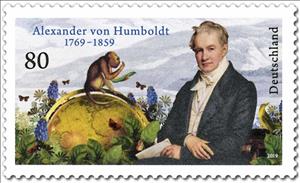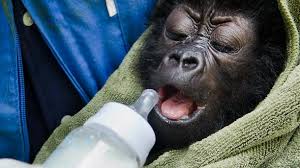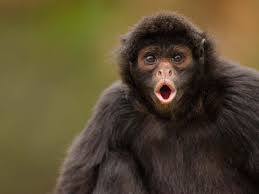Stamp: 250th Anniversary of Alexander von Humboldt (Germany, Federal Republic 2019)
250th Anniversary of Alexander von Humboldt (Germany, Federal Republic 2019)
05 September (Germany, Federal Republic ) within release 250th. Birthday from Alexander from Humboldt goes into circulation Stamp 250th Anniversary of Alexander von Humboldt face value 80 Euro cent
| Stamp 250th Anniversary of Alexander von Humboldt in catalogues | |
|---|---|
| Michel: | Mi: DE 3492 |
Stamp is horizontal format.
Also in the issue 250th. Birthday from Alexander from Humboldt:
- Stamp - 250th Anniversary of Alexander von Humboldt face value 80;
- Mini Sheet - 250. Geburtstag von Alexander von Humboldt face value 10*80;
Stamp 250th Anniversary of Alexander von Humboldt it reflects the thematic directions:
Animals are multicellular, eukaryotic organisms of the kingdom Animalia (also called Metazoa). All animals are motile, meaning they can move spontaneously and independently, at some point in their lives. Their body plan eventually becomes fixed as they develop, although some undergo a process of metamorphosis later on in their lives. All animals are heterotrophs: they must ingest other organisms or their products for sustenance.
Exploration is the process of exploring, an activity which has some expectation of discovery. Organised exploration is largely a human activity, but exploratory activity is common to most organisms capable of directed locomotion and the ability to learn, and has been described in, amongst others, social insects foraging behaviour, where feedback from returning individuals affects the activity of other members of the group
Famous People refers to the fame and public attention accorded by the mass media to individuals or groups or, occasionally, animals, but is usually applied to the persons or groups of people (celebrity couples, families, etc.) themselves who receive such a status of fame and attention. Celebrity status is often associated with wealth (commonly referred to as fame and fortune), while fame often provides opportunities to make money.
A geographer is a physical scientist, social scientist or humanist whose area of study is geography, the study of Earth's natural environment and human society, including how society and nature interacts. The Greek prefix "geo" means "earth" and the Greek suffix, "graphy", meaning "description", so a geographer is someone who studies the earth. The word "geography" is a Middle French word that is believed to have been first used in 1540
Mammals are any vertebrates within the class Mammalia (/məˈmeɪli.ə/ from Latin mamma "breast"), a clade of endothermic amniotes distinguished from reptiles (including birds) by the possession of a neocortex (a region of the brain), hair, three middle ear bones and mammary glands. All female mammals nurse their young with milk, secreted from the mammary glands. Mammals include the largest animals on the planet, the great whales. The basic body type is a terrestrial quadruped, but some mammals are adapted for life at sea, in the air, in trees, underground or on two legs. The largest group of mammals, the placentals, have a placenta, which enables the feeding of the fetus during gestation. Mammals range in size from the 30–40 mm (1.2–1.6 in) bumblebee bat to the 30-meter (98 ft) blue whale. With the exception of the five species of monotreme (egg-laying mammals), all modern mammals give birth to live young. Most mammals, including the six most species-rich orders, belong to the placental group. The largest orders are the rodents, bats and Soricomorpha (shrews and allies). The next three biggest orders, depending on the biological classification scheme used, are the Primates (apes and monkeys), the Cetartiodactyla (whales and even-toed ungulates), and the Carnivora (cats, dogs, seals, and allies).
A man is an adult male human. Prior to adulthood, a male human is referred to as a boy (a male child or adolescent).
Monkey is a common name that may refer to most mammals of the infraorder Simiiformes, also known as simians. Traditionally, all animals in the group now known as simians are counted as monkeys except the apes. Thus monkeys, in that sense, constitute an incomplete paraphyletic grouping; however, in the broader sense based on cladistics, apes (Hominoidea) are also included, making the terms monkeys and simians synonyms in regard to their scope.







